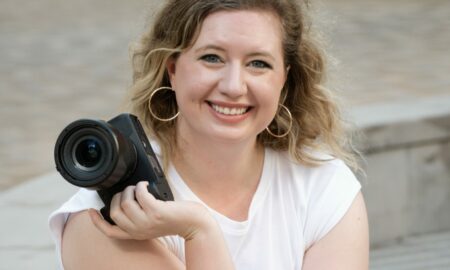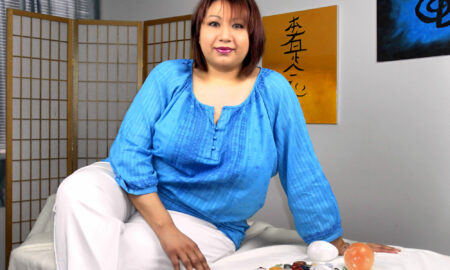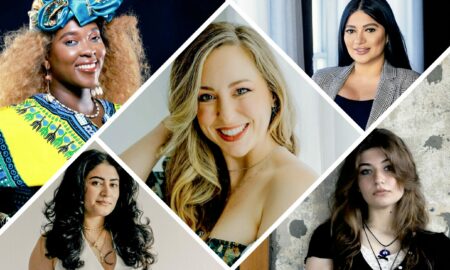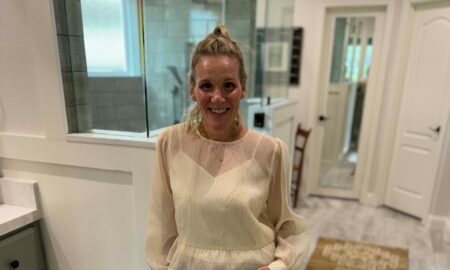

Today we’d like to introduce you to Aisha Siddiqui.
Thanks for sharing your story with us Aisha. So, let’s start at the beginning and we can move on from there.
As a Pakistani woman, I remember the challenges I faced once I came to America. From navigating the streets of a new city to finding a job, adjusting to an unfamiliar country was an uphill climb. This land of opportunity was incredible, yet daunting. I was fortunate enough to encounter caring people who were willing to help me adjust to a new life. Ultimately, with the support of my family, I was able to work while pursuing my passion- learning.
When I was at UT’s School of Public Health, I wanted to incorporate my background with my interests in public health. While working on my doctoral degree, I sought out South Asian women to better understand the challenges they faced in staying healthy. Some of their daily challenges included raising children in a system that they were unfamiliar with while feeling increasingly alone. Documenting their stories allowed me to complete my studies, but I knew I couldn’t stop there.
Southwest Houston provides an astonishing canvas for a multi-ethnic community, and through my initial work, I learned that I needed to expand my mission to better serve this vital community. Houston receives more refugees than any other city in the United States, many who come from communities torn apart by war and violence.
Refugees hope to find a better future in places where they can lead their lives with peace, security, and stability. While they are provided with many essentials, such as short-term housing, food stamps, and Medicaid, many often grapple with isolation and loss of control. I created CHAT to fill the void caused by a continually expanding population of newcomers with little assistance after their initial move. With a multifaceted approach targeting the social determinants of health through support, networking, and community engagement, CHAT is able to improve immigrant and refugee health and well-being by reducing isolation, facilitating acculturation, and connecting resources.
Has it been a smooth road?
Anything but smooth It’s difficult for people to understand the refugees’ struggle and to realize that refugees are people just like us except displaced. A lot of these people were living successful lives in their previous homelands but found themselves marginalized in what was to be their new home. This seclusion is a barrier to acceptance, acculturation, and advancement. These pockets of society face distinctive struggles. They may seem like a group that has been given so much, in reality, it is a daily challenge perhaps not to survive, but to thrive. It’s not easy for individuals and organizations to understand that running a household and having a job is no easy feat in a country where you don’t speak the language, don’t know anyone, and have limited resources.
People love to give handouts and free food to refugees but they do not understand the need to empower them so they become productive citizens and equally contribute to improving the economy instead of relying on social services. Therefore, funding and staffing are consistent issues. Most of our staff, including myself, is volunteer.
So, as you know, we’re impressed with CHAT (Culture of Health-Advancing Together) – tell our readers more, for example, what you’re most proud of and what sets you apart from others.
Culture of Health-Advancing Together (CHAT) was founded in 2015 with the desire to foster the health and well-being of the immigrant and refugee community in Houston. We believe in using a comprehensive approach through the Robert Wood Johnson Foundation’s definition of a “Culture of Health,” in which good health and well-being flourish across geographic, demographic, and social sectors.
CHAT’s mission is to foster the health and well-being of immigrant and refugee communities through education, arts, advocacy and access to care. We specifically target the Social Determinants of Health: Education, Economic Stability, Community, Healthcare, and Environment. Through regular assessment and meaningful engagement with our local communities, CHAT works to understand the specific needs of each population and to create tailored programs addressing them. Along with creating new programs, CHAT leverages partnerships and connects our communities to appropriate resources. Our aim is to build an environment, or a Culture of Health, where everyone works together to foster healthy communities within American society.
We envision a healthy community that is self-sufficient and meets the everyday challenges of living in a diverse society.
We currently offer After School tutoring and daily enrichment programs for children at CHAT Academy, Social Emotional Learning program, for girls, at two local schools, women English language classes, Community Health worker training, and several other programs. We are very proud of our community engagement and academic success of children who attend CHAT Academy. CHAT is able to improve immigrant and refugee health and well-being by reducing isolation, facilitating acculturation, and connecting resources unlike any other existing organization in Houston. We have the cultural and language expertise that is required for empowering the refugee community. When refugee students initially join CHAT they hardly speak a word of English but after a few months they are able to communicate successfully and after a few semesters, some of them get commended in English and Math. One of our recent achievement is the Gulfton Story Trail, an immersive art experience that invites the residents and visitors to discover the neighborhood’s many cultures and voices. Nestled in between Gulfton’s global cuisines and eclectic shops are 12 inspiring murals created by some of Houston’s most talented street artists. Each vibrant piece is multi-dimensional, born from poetry written by Gulfton students, blending Gulfton’s stories with their own.
Let’s touch on your thoughts about our city – what do you like the most and least?
I love Houston’s diversity and warmth. We speak about 150 languages and are culturally groomed to respect every ethnic group and nationality. Houston’s food scene is amazing. There is the largest variety of restaurants and food trucks, specializing in dishes from all over the world and various cultures.
I am not a fan of Houston’s hot weather.
Contact Info:
- Address: 6711 Hornwood Dr.
#245
Houston, TX 77074 - Website: www.chattx.org
- Phone: 713-247-9764
- Email: aisha.siddiqui@chattx.org
- Instagram: chattx_15
- Facebook: @chatcultureofhealth










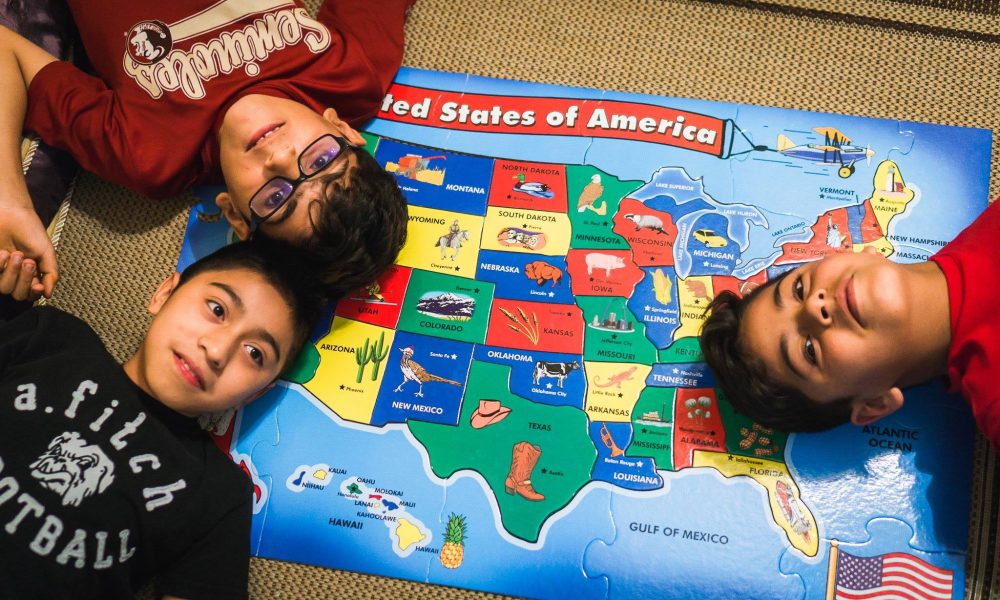 Image Credit:
Image Credit:
Alex Le
Getting in touch: VoyageHouston is built on recommendations from the community; it’s how we uncover hidden gems, so if you know someone who deserves recognition please let us know here.










